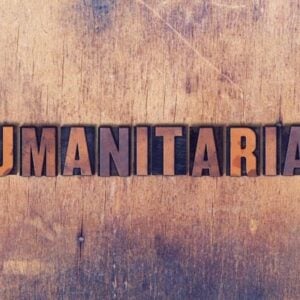The humanitarian and security situation in northeastern Syria has reached a critical point, with over 30,000 people, including suspected foreign terrorist fighters and their families, held in Al-Hol camp and surrounding sites. Most detainees are women, and about 60 percent are children under 18, many of them under 12. Among the population, approximately 8,500 are foreign nationals from over 62 countries. The ongoing crisis threatens regional stability, but the current political transition in Syria presents a potential opportunity to accelerate repatriation efforts.
Iraq has taken a leading role in repatriating its nationals, having successfully returned more than 17,000 individuals through an integrated security, legal, and humanitarian operation. President Abdul Latif Rashid emphasized that the goal is to reintegrate returnees into their communities and provide them with safe and dignified lives, with international cooperation playing a key role in these efforts.
Conditions in the Syrian camps are extremely dire, with prolonged detention without legal basis, risks of sexual violence for women and girls, and inadequate access to education and basic services for children. UN officials have warned that these camps could become incubators for radicalization and future recruitment, making urgent intervention critical.
The UN views recent political developments in Syria, including the fall of the Assad regime and agreements between the new authorities and Kurdish-led forces, as a window of opportunity to address the crisis. These developments provide avenues for Member States to engage with stakeholders and advance solutions, but inaction could have severe consequences for regional and international security.
Repatriation is only the first step in a long-term strategy to break the cycle of violence. UN officials stressed the importance of complementing returns with accountability, rehabilitation, and reintegration support tailored to the diverse needs of returnees. Ensuring justice for victims and fostering trust within receiving communities remain critical components of the broader effort to address the humanitarian and security challenges posed by the camps.






